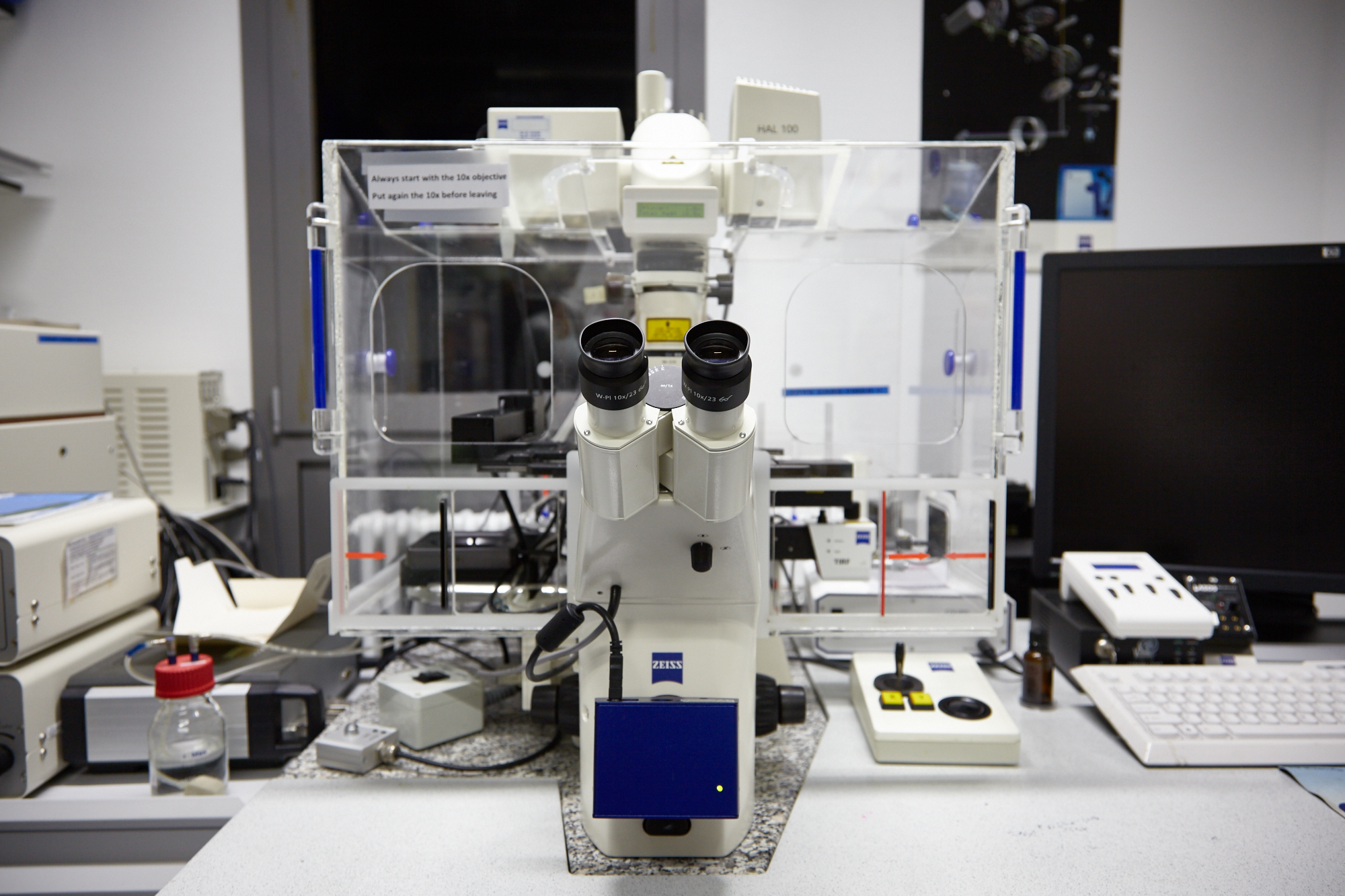
CANBIO2 – Actively Recruiting Projects
Please visit our LIH Jobs Portal to apply.
PROJECTS
Project 20: Supervisor Ángel Álvarez-Prado (LIH, Department of Cancer Research, Strassen): Decoding the impact of genetic variation on anti-tumoral immunity and immunotherapy efficacy in brain metastatic tumors.
Brain metastases (BrMs) are the most common brain tumors in adults, and are linked to a dismal prognosis. Therefore, there is an urgent need for more effective treatments. Previous research linked the genetic makeup of cancer cells to the abundance and function of immune cells in the microenvironment of human BrMs, suggesting an important role for somatic variation in shaping the TIME. Our hypothesis is that genetic variation instructs specific immunophenotypes in the microenvironment of BrM tumors, which in turn shape responses to therapy. Therefore, this project aims to: (i) evaluate the efficacy of radio- and ICB therapy in preclinical mouse models of lung- and melanoma-BrM bearing different genetic makeups; (ii) characterize the TIME in treated and untreated tumors from these models; (iii) explore the link between somatic genetic variation, TIME phenotypes and responses to therapy in human BrMs.

The Translational Cancer Immunogenomics (TCI) Research Group, led by Dr. Ángel Álvarez-Prado at the Department of Cancer Research of LIH, is currently offering a Ph.D. student position. Recently established, the research group focuses on understanding how genetic alterations in cancer cells shape the immune microenvironment of brain metastatic tumors, with the long-term goal of developing novel personalized immunotherapies for cancer patients with brain metastasis.
Project 21: Supervisor Dr. Sabrina Fritah (LIH, Department of Cancer Research, Strassen): Integrative multi-omics analysis of IDH mutant gliomas to reveal novel targets for treatment.
Mutations in isocitrate dehydrogenase 1 or 2 (IDH1/2) define glioma subtypes and are primary events in gliomagenesis, impacting tumor epigenetics and metabolism. We have recently identified a novel metabolic vulnerability in the glutathione synthesis pathway that may be therapeutically exploited. Here we expand these studies leveraging integrated multi-omics data of patient samples including genetic/epigenetic, transcriptomic, metabolomic and proteomic data to reveal other metabolic deficiencies in IDH wildtype and IDH mutant gliomas. Our preliminary data indicate that rewiring of the butyrate pathway could reveal a novel metabo-epigenetic regulation, associated with an alteration in the gut-brain axis crosstalk in glioma. We will apply epigenetic drugs on CRISPR-engineered glioma models to test their impact on metabolic and epigenetic regulations and glioma features.

Recently established, the Cancer RNAs and Epigenetic Group (CREG) laboratory focuses on understanding the role of epigenetic and epitranscriptomic regulation in tumor progression, with the ultimate aim to develop innovative nucleic acid therapeutics against cancer. We make use of advanced molecular and cellular technologies to identify novel targets and get mechanistic insights into disease pathways.

discover CANBIO2
Projects – WP1 – Novel Cancer Models
Projects – WP2 – Cancer Metabolism
Projects – WP3 – Novel Treatment Strategies
contact
For any question related to CANBIO2, please contact:

